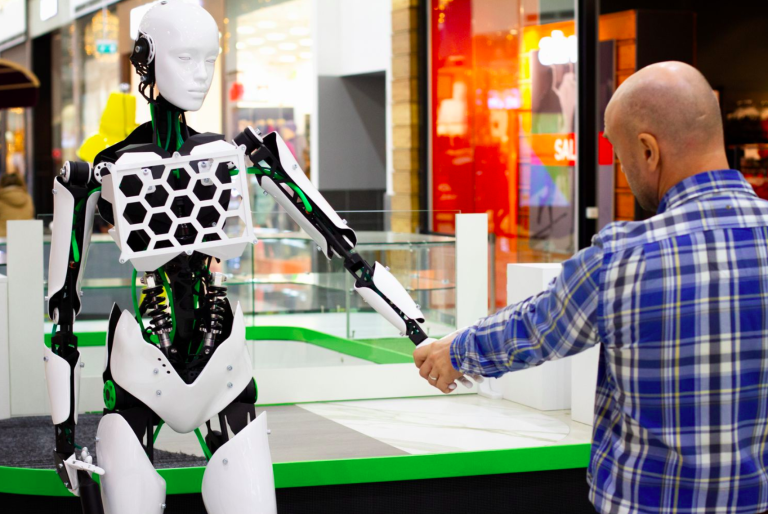The Ethical Considerations of AI in Facial Recognition
Welcome to the fascinating world of artificial intelligence, where technology meets everyday life in ways we never imagined. Today, we’re diving into one of the most debated topics in AI: facial recognition. From unlocking our phones to enhancing security, facial recognition technology is undeniably powerful. But with great power comes great responsibility. Let’s explore the ethical considerations surrounding this technology and why it’s crucial to think carefully about its use. 🤔
Table of Contents
1. Introduction
2. The Role of AI in Facial Recognition
3. Privacy Concerns: Are We Under Surveillance? 👀
4. Bias and Discrimination: A Significant Challenge ⚖️
5. Security vs. Ethics: Finding the Balance 🔍
6. Conclusion
7. FAQs
The Role of AI in Facial Recognition
Facial recognition technology leverages AI to identify or verify a person by analyzing facial features. It’s used in various sectors, from law enforcement to retail, and even social media platforms. The impressive accuracy and speed of AI in processing facial data make it a valuable tool, but this same efficiency raises questions about its implications on society.
Privacy Concerns: Are We Under Surveillance? 👀
One of the primary concerns with facial recognition is privacy. Imagine walking down the street, and every camera potentially identifying and tracking your every move. It sounds like a scene from a sci-fi movie, right? Yet, it’s becoming increasingly possible. The ability to identify individuals in public without their consent raises significant privacy issues. Many argue that this could lead to a surveillance state, where our every move is monitored.
Bias and Discrimination: A Significant Challenge ⚖️
AI systems are only as good as the data they’re trained on. Unfortunately, many facial recognition systems have shown bias, particularly against women and people of color. This bias can lead to misidentification and potential discrimination, which is a serious ethical concern. Ensuring that AI systems are trained on diverse datasets is crucial to minimize these biases and promote fairness.
Security vs. Ethics: Finding the Balance 🔍
Facial recognition technology offers significant benefits for security purposes, such as identifying criminals or preventing fraud. However, the challenge lies in balancing these benefits with ethical considerations. Striking a balance between enhancing security and preserving individual rights is essential. Transparency in how facial recognition data is collected, stored, and used can help build trust and ensure ethical use.
Conclusion
The ethical considerations of AI in facial recognition are vast and complex. While the technology holds great potential, it also presents significant challenges that require careful thought and regulation. As we continue to innovate, it is essential to prioritize ethical considerations to ensure that technology serves humanity positively and inclusively. What are your thoughts on facial recognition technology? Feel free to share your thoughts in the comments below! 🗨️
FAQs
Q1: How can facial recognition technology impact my privacy?
A: Facial recognition can impact privacy by potentially allowing unauthorized tracking and surveillance of individuals in public spaces.
Q2: What are some ways to mitigate bias in facial recognition AI?
A: Using diverse and representative datasets for training AI models can help reduce biases and improve the accuracy of facial recognition systems.
Q3: Is facial recognition technology legal?
A: The legality varies by region, with some places implementing strict regulations while others adopt more lenient approaches. It’s essential to stay informed about local laws.
Q4: Can facial recognition be used ethically?
A: Yes, with transparency, consent, and regulation, facial recognition technology can be used ethically to balance security and privacy concerns.

